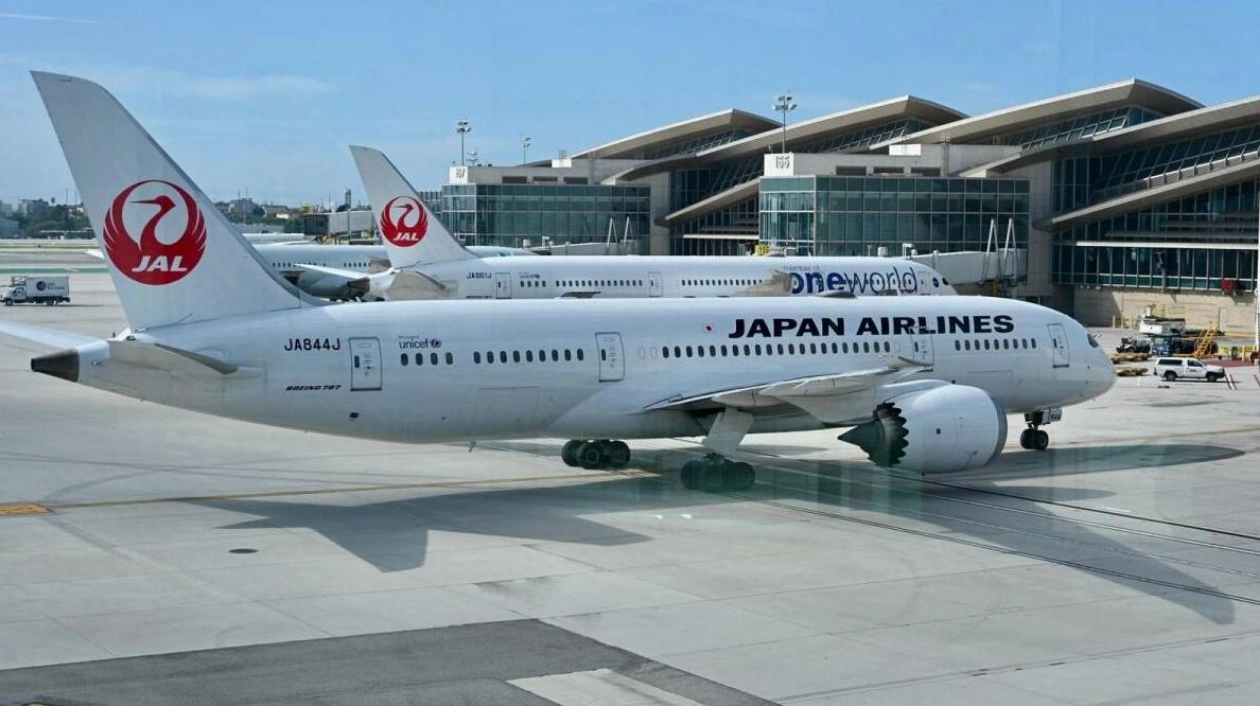The leader of Japan's petroleum sector urged international airlines on Thursday to submit their flight schedules and forecasts for jet fuel demand a year ahead of time to address the jet fuel shortage at Japanese airports. The shortage, which has been exacerbated by supply chain issues, is impacting commercial flights and hampering the growth of international flight capacity and new routes, particularly as tourism surges.
Shunichi Kito, president of the Petroleum Association of Japan (PAJ), highlighted at a press conference that the mismatch between supply and spot demand is the root cause of the current crisis. He noted that domestic airlines are not experiencing refueling problems because they provide advance demand forecasts through contracts.
Kito emphasized the importance of receiving advance supply requests for overseas flights to gauge demand and prepare accordingly. He suggested that refiners would benefit from a year's notice, similar to domestic carriers. In response to increasing demand, Japanese refiners are planning to boost jet fuel production and imports.
Kito, who also serves as the president of Idemitsu Kosan, Japan's second-largest oil refiner, mentioned that South Korea would be the most practical import option, with Singapore and China also being considered. Discussions on imports have already commenced. Although there is no overall jet fuel shortage, supply chain issues, including a lack of domestic vessels, trucks, and refueling staff, are hindering the delivery of fuel.
Kito assured that all parties involved will cooperate to address the issue. The government is examining the situation at each airport, and refiners are working to secure fuel as a short-term solution. Medium- and long-term strategies will be developed based on future demand forecasts. At Narita International Airport, the primary international hub in Japan, the fuel shortage affected the operations of 57 flights by six airlines by the end of June, though specifics were not disclosed.
The airport operator has requested traders to source jet fuel directly from overseas refineries via international shipping vessels for the first time, bypassing Japanese refineries. Japan's tourism industry has rebounded following the resumption of visa-free travel in late 2022, with the yen's depreciation to a 38-year low enhancing the country's attractiveness to foreign tourists.






